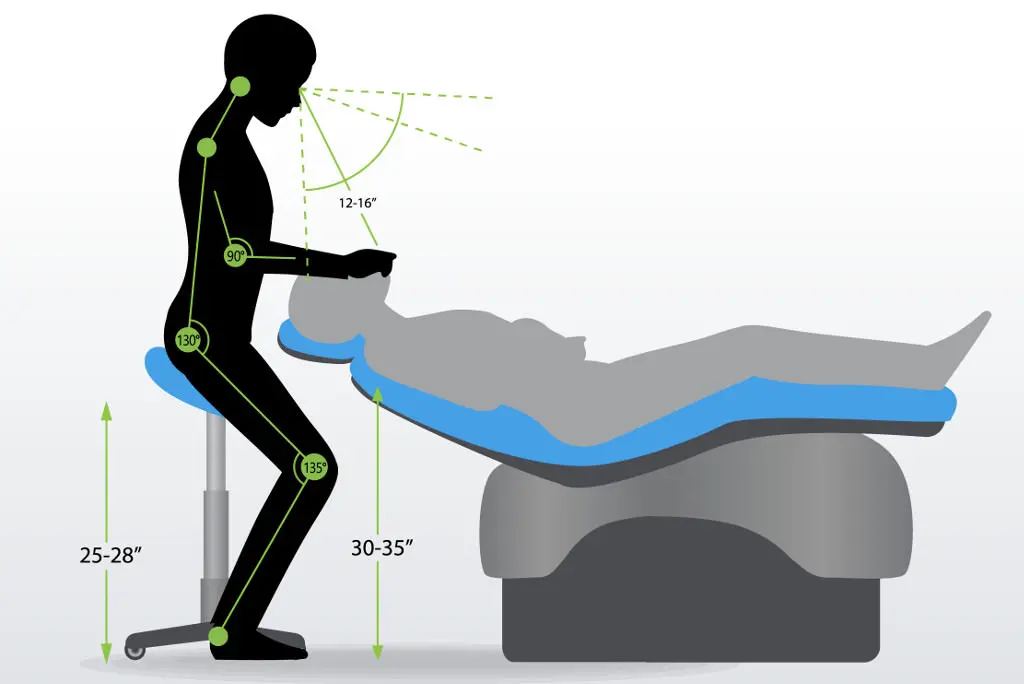I am constantly amazed at the differences in people. From the initial phone conversation to acceptance or rejection of treatment, we are trying to figure out others. We want to know what’s wrong with them, what’s wrong with us, and why others are not more like us. We are perplexed when a decision is made quickly and frustrated when patients fail to make a decision. How can we all be so different?
Psychologists present theories on personality development to argue their cases. Human behavior is a complex and changing dynamic. There are few solid, classic answers.
Many decisions about today’s dentistry are optional. Because what we offer is no longer a needed service (like emergency room medicine), it helps if we become mini-psychologists and make some inroads in understanding human behavior.
Something we do know is that everyone comes preloaded from the factory. We are born with distinguishing styles and personalities, and because of this, we develop definite ways to make life work and deal with others, including how we make decisions.
First we must know and understand ourselves. This is big job that will never be fully accomplished. Are you still learning life lessons? Can you change? What effect does your environment, birth order, friends, home situation, and past life choices have on you? Does your past dictate your decision-making style? We cannot use our predetermined personality traits as an excuse if we are to be successful in business and sales. Know yourself and meet others more than halfway.
Because one of the people who interacts in a sales conversation is an unknown (the new patient), it is beneficial to assess yourself or ask a counselor to do a third-party assessment of you. A pitfall in sales is thinking everyone makes decisions like you do and has your same values. Teeth, their pathology, and how they look are exceedingly important to you, but may be a much lower priority for others.
Before cosmetics entered dentistry, diagnosis was based on pathology, not desire. To help guests become aware of appearance choices that are not necessary, sales skills are mandatory. With the explosion of Web inquiries, we must learn to work quickly with people who are making these inquiries. These people are often just a few degrees above the dreaded cold calls from people seeking immediate action. We must become aware of others’ personalities and how they make decisions about their appearance.
Knowing how we attract or offend others is very important. It is a good idea to learn skills that put us in a more neutral zone when dealing with other people. Listen carefully to your conversations for clues about a person’s pace, and then address all of his or her questions, demands, and hesitations. Your job is to match their pace, and be focused and patient. Put patients in the driver’s seat.
Treatment is ultimately the guest’s decision, not ours. We cannot put pressure on our guests. Some personality types are quiet, and need information, confirmation, and time. The decision-making process for some can take as long as two years. Your personality may perceive the case as lost when it really isn’t.
Here are several ways to keep a patient relationship going without pressure while the decision-making process is occurring:
• If in the initial relationship you have uncovered interests in, for example, animals, wine, sports, or food, good for you! This is your opening to share a new restaurant, wine tasting, dog show, etc. You could continue with a phone call or card about that subject every couple of months. This does not need to be a mutual subject, but one you recognize as important to the patient.
• If a patient perceives a case as “complex,” arrange for a meeting in a non-pressured, nonclinical setting where you, the guest, and a specialist have lunch and become acquainted. You need to work with your specialist to let him/her know the purpose and goal.
• If you have been a good listener from the beginning, you can usually recognize the signs of a cautious decision maker. Tell such a patient in the consultation process: “You are in charge. You can do the work a little at a time or all at once. You can choose to have me or someone else do the work. We support you in making your decision, and the time frame is up to you.” Then, be comfortable with your patient’s decisions.
Learning how people make decisions is a life-long process and we, in dentistry, are just starting the race. It’s not over ’til it’s over.
Dr. Bill Blatchford’s Custom Coaching Program is now available anytime, anywhere. Utilizing 26 years of practice-management experience, he focuses on leadership, systems, case-presentation skills, communication, and profitability. He has a new book, “Playing Your ‘A’ Game – Inspirational Coaching to Profitability.” Contact him at (800) 578-9155.












